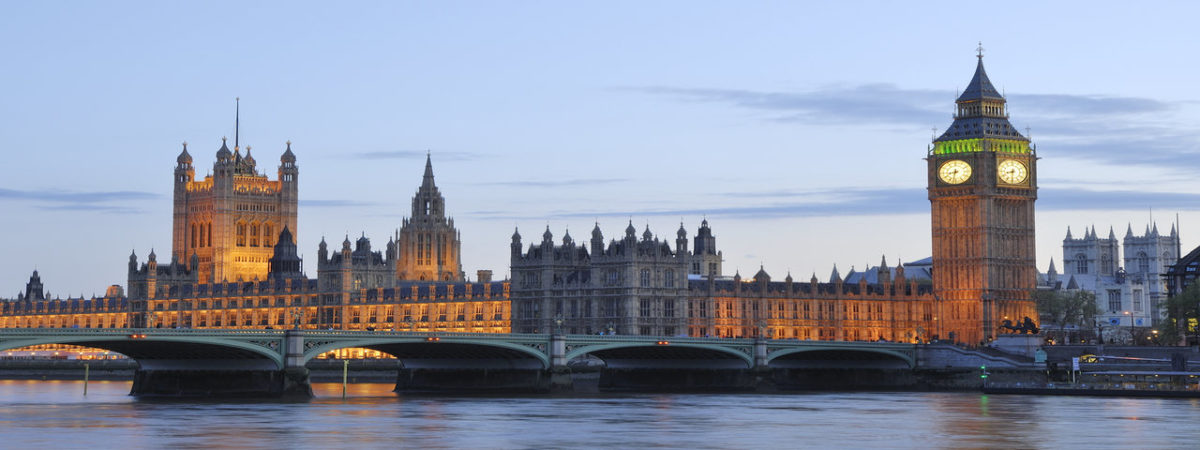Institute of Economic Affairs Shadow MPC decisively reject more QE
SUGGESTED


It is not the role of government to be providing loans to people secured on their property

The Shadow MPC votes by narrow five to four margin to hold Bank Rate in July
There was a near unanimous view on the SMPC that there remained a serious policy inconsistency between financial regulators’ desire to gold-plate capital requirements and other restrictions on the size of commercial bank balance sheets and the official desire to get credit flowing again, especially to smaller enterprises. Some committee members thought that easing the regulatory push, while raising the Bank Rate to a more neutral level, would represent a more coherent policy stance and bring increased credit growth and private-sector activity. The two big unknowns identified by the SMPC were the likely consequences of developments in the Eurozone and how far to trust the weak official growth numbers, as compared with the more buoyant labour market and survey data.
There was further debate on expanding quantitative easing (QE), with the overwhelming majority voting for leaving the QE stock where it is. Two members voted for a further injection of QE, and one member argued for a phased programme of withdrawal. All members agreed that if the Bank of England found itself in a lender of last resort situation – perhaps as a result of Eurozone events – then QE should be used aggressively.
The SMPC is a group of economists who have gathered quarterly at the Institute of Economic Affairs (IEA) since July 1997. That it was the first such group in Britain, and that it gathers regularly to debate the issues involved, distinguishes the SMPC from the similar exercises carried out by a number of publications. Because the committee casts exactly nine votes each month, it carries a pool of ‘spare’ members since it is impractical for every member to vote every time. This can lead to changes in the aggregate vote, depending on who contributed to a particular poll. As a consequence, the nine independent analyses should be regarded as more significant than the precise vote. The next SMPC gathering will be held on Tuesday 10th July, with its minutes to be published on Sunday 29th July. The next two e-mail polls will be released on the Sundays of 2nd and 30th September, respectively.
To arrange an interview with an IEA spokesperson, please contact Stephanie Lis, Director of Communications: 020 7799 8909, slis@iea.org.uk
Notes to editors
What is the SMPC?
The Shadow Monetary Policy Committee (SMPC) is a group of independent economists drawn from academia, the City and elsewhere, which meets physically for two hours once a quarter at the Institute for Economic Affairs (IEA) in Westminster, to discuss the state of the international and British economies, monitor the Bank of England’s interest rate decisions, and to make rate recommendations of its own. The inaugural meeting of the SMPC was held in July 1997, and the Committee has met regularly since then. The present note summarises the results of the latest monthly poll, conducted by the SMPC in conjunction with the Sunday Times newspaper.
Current SMPC membership
The Secretary of the SMPC is Kent Matthews of Cardiff Business School, Cardiff University, and its Chairman is David B Smith (University of Derby and Beacon Economic Forecasting). Other members of the Committee include: Roger Bootle (Capital Economics Ltd), Tim Congdon (International Monetary Research Ltd.), Jamie Dannhauser (Lombard Street Research), Anthony J Evans (ESCP Europe), John Greenwood (Invesco Asset Management), Ruth Lea (Arbuthnot Banking Group), Andrew Lilico (Europe Economics), Patrick Minford (Cardiff Business School, Cardiff University), Akos Valentinyi (Cardiff Business School, Cardiff University), Peter Warburton (Economic Perspectives Ltd), Mike Wickens (University of York and Cardiff Business School) and Trevor Williams (Lloyds TSB Corporate Markets). Philip Booth (Cass Business School and IEA) is technically a non-voting IEA observer but is awarded a vote on occasion to ensure that exactly nine votes are always cast.
The mission of the Institute of Economic Affairs is to improve understanding of the fundamental institutions of a free society by analysing and expounding the role of markets in solving economic and social problems.
The IEA is a registered educational charity and independent of all political parties.



